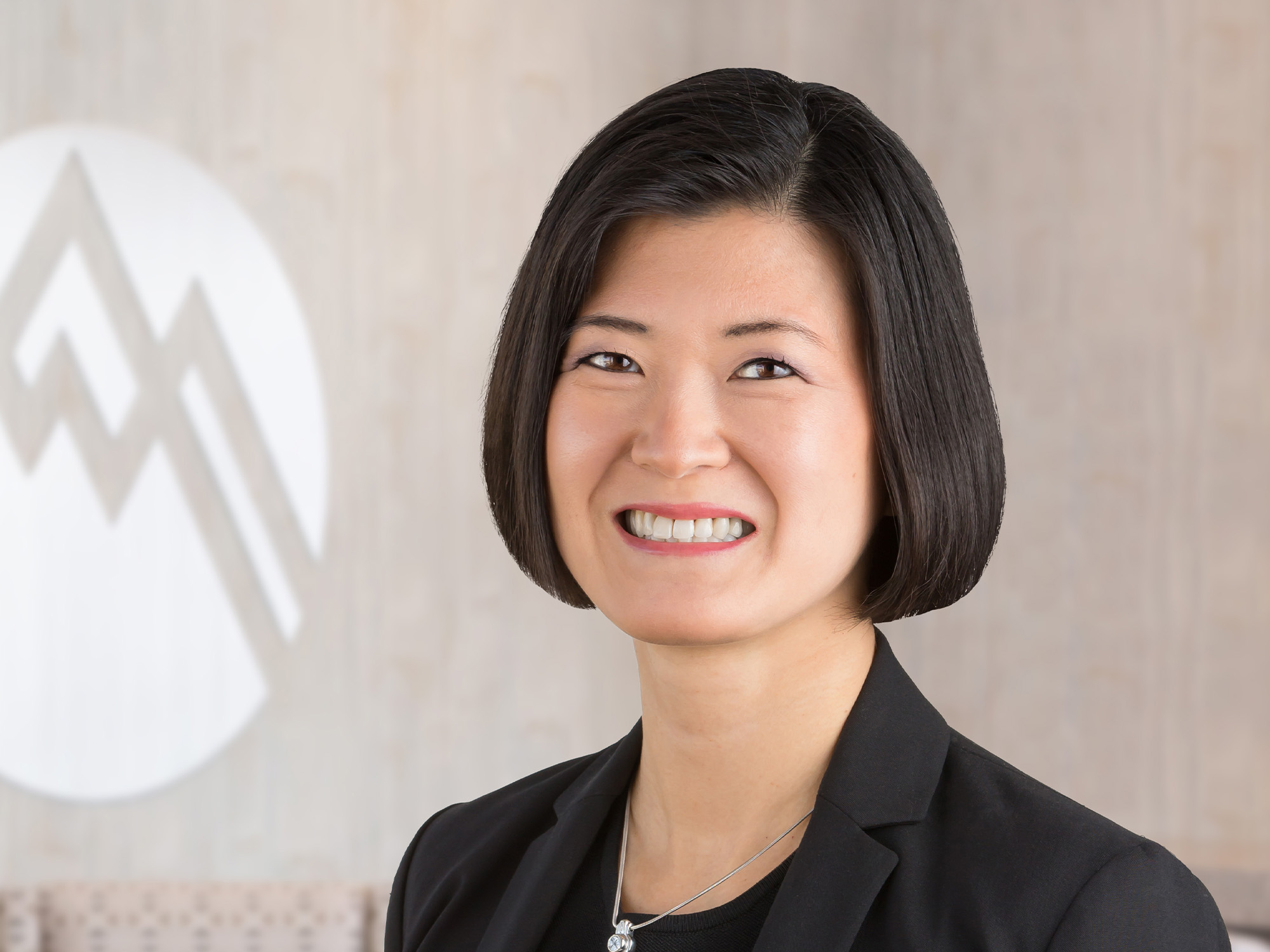Dr. Choi helps chronic pain sufferers understand the link between stress and back pain.
If you deal with chronic back pain, you know that managing ongoing pain can be stressful. What you might not know is that stress may contribute to the pain you feel. As a specialist in chronic pain, Dr. Catherine Choi addresses the role of stress as a contributor to back pain. She also educates her patients about the steps they can take to better control back pain by reducing stress.
Reducing pain begins with understanding how stress contributes to discomfort
“If you don’t understand the possible triggers for pain, then you may be missing information that can help you manage it,” explains Dr. Choi. “That can be very frustrating. Part of my job is to teach you what I’ve learned about causes of pain. I also educate you about the different options you have to relieve your pain. Some options involve medical treatments. Other options involve steps you can take yourself. Sometimes, with chronic pain, there are no definite cures. But there are always things we can do to nourish the soul and support our pain threshold.”
Stress and pain are connected in the brain
The link between stress and back pain begins in our brain. Dr. Choi observes that the part of the brain that processes pain is also the part of the brain that processes stressful events. “Stress and pain are connected in the brain,” she says. “If you are going through a negative experience that’s very stressful for you, it can trigger a pain flare-up. But if you don’t understand the trigger, you may not attribute your pain to that stressful event. The connection isn’t necessarily intuitive.”
But when we understand the connection, we are able to change things that we have more control over—like stress. “We can choose to limit or manage stressful circumstances in our lives,” says Dr. Choi. “When we do, we may find that our level of chronic pain reduces. If that’s the case, we can take control a step further by electing to do things that are good for our spirits.”
In part, positive activities improve pain because they distract us. Also, when we are doing something we love, we affect our endorphin levels, triggering a natural pain reliever. Dr. Choi suggests several stress-relieving options for pain sufferers to try.
- Engage in activities that bring you joy “Meditation works for some of my patients,” she says. “Engaging in uplifting social activities is another wonderful way to combat stress. Meet with like-minded individuals. You might gravitate toward a book club or a swim or exercise class. The specific activity doesn’t matter as much as the fact that what you are doing brings you personal joy.”
- Focus on the positive in your personal circumstances “No one’s life is purely positive or purely negative,” notes Dr. Choi. “How can you handle negative circumstances in your own life in a way that combats stress? Try choosing to focus on the positive in your situation. There’s always a positive somewhere. When you look past hurdles and commit yourself to finding even one positive aspect, you are taking a step to combat stress.”Choi provides an example. “Say you don’t have a good support system and your resources are limited,” she says. “There’s no question that these are difficult circumstances. But you can still make choices that will help you. When you buy groceries, buy things that are going to provide good nourishment. That’s an active choice you can make to be kind to yourself.
- Use exercise to relieve stress “When you exercise to relieve stress, it’s important to choose a type of exercise that relaxes you,” says Dr. Choi. “The relaxation aspect of yoga can make it a good choice. It is a gentle form of exercise and an excellent stress reliever. Summit’s wellness center offers yoga classes; they are a great option to see if this form of stress relief works for you. Or choose an activity that brings you good memories or enjoyment. Join friends to participate in group exercise. If money is tight, look for a free community class in your neighborhood.”
Small steps to reduce stress can have significant results
“Treating chronic pain is a collaboration between physician and patient,” states Dr. Choi. “Medical treatments contribute to pain relief, but you have additional options. Stress relief is one of them. I’ve worked with chronic pain patients who feel helpless. Even if surgery isn’t an option and medication doesn’t work, there’s still hope. When patients feel hopeless, I review their past experiences, and I look for additional treatment options. I also talk with them about what is happening in their life. Comprehensive pain treatment requires trust and time. I am here to help my patients for as long as they want my help. Together, we’ll figure out what we can do to change your situation, whether that’s through medical options or lifestyle modifications that relieve stress and pain.”
Summit Orthopedics offers comprehensive spine expertise
Our back specialists diagnose spine problems and design custom treatment plans built on a conservative, nonsurgical approach. Most patients find relief through treatments including guided injections, specialized physical therapy, biofeedback, exercise, activity modification, and medication. When conservative care does not relieve symptoms, our highly skilled surgeons offer proven, evidence-based surgical options. Together with you, we will determine the right course of action.
Start your journey to a healthy spine. Find your spine expert, request an appointment online, or call us at (651) 968–5201 to schedule a spine consultation.
Summit has convenient locations across the Minneapolis-St. Paul metro area, serving Minnesota and western Wisconsin. We have state-of-the-art centers for comprehensive orthopedic care in Eagan, MN, Plymouth, MN, Vadnais Heights, MN, and Woodbury, MN, as well as additional community clinics throughout the metro and southern Minnesota.
More resources for you
- Choi is honored as a rising star
- Read about medications for acute and chronic arthritis pain
- Learn more about nonsurgical treatments for chronic back pain
- Watch the video: Introducing Catherine Choi, M.D.

